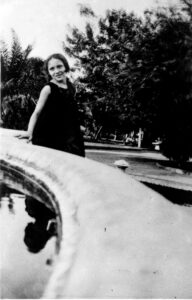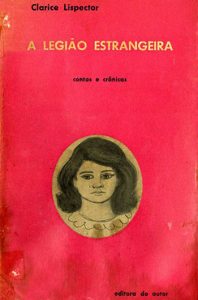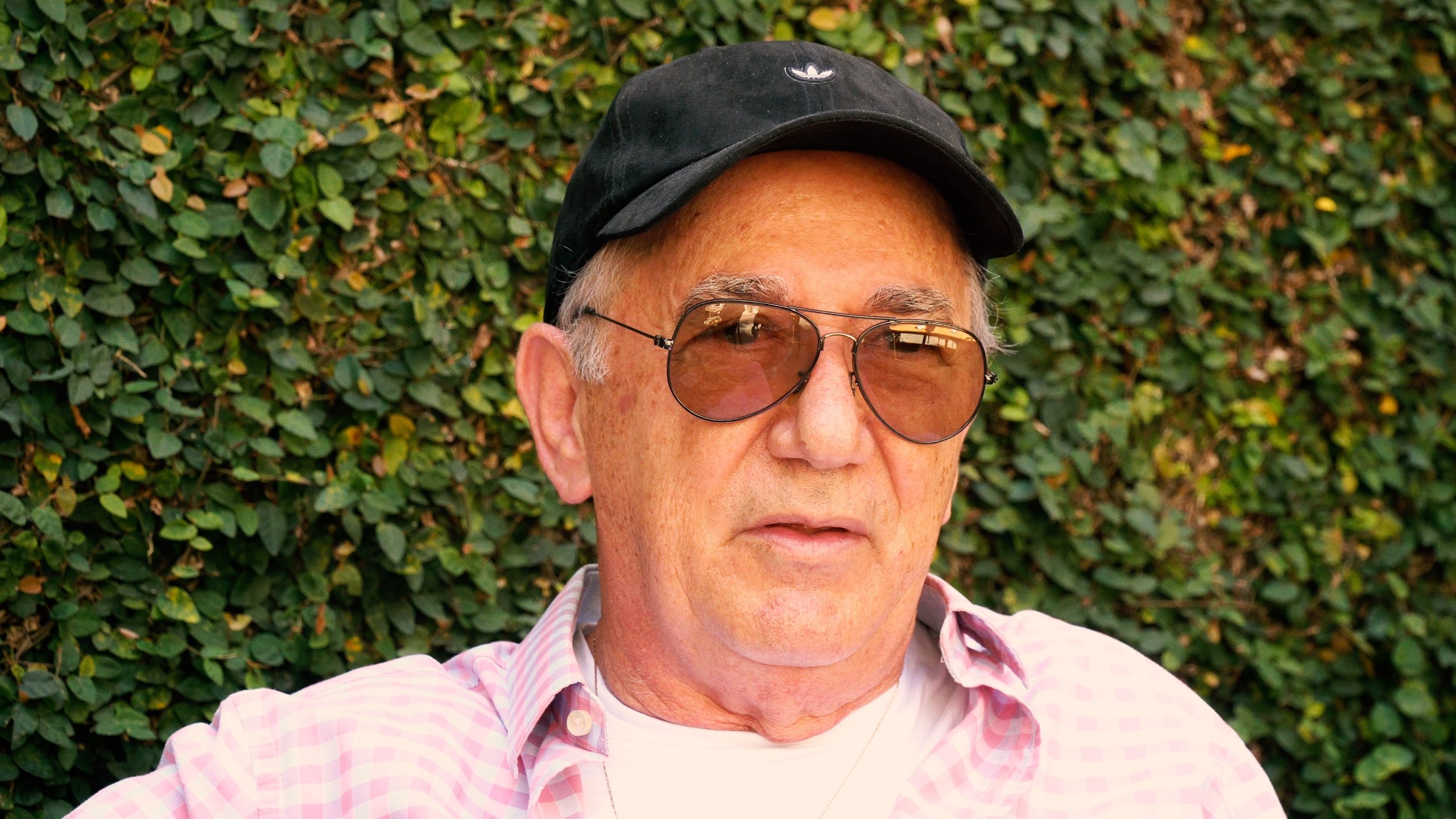IMS, Equipe. A frame for Clarice Lispector. IMS Clarice Lispector, 2021. Disponível em: https://site.claricelispector.ims.com.br/en/2021/09/16/a-frame-for-clarice-lispector/. Acesso em: 17 February 2026.
In the 1960s, the Spaniard Jaime Vilaseca was a carpenter in Rio de Janeiro until a fateful encounter with Clarice Lispector, for whom he had gone to make a bookcase in her apartment in the Leme neighborhood. The writer had silently watched him working during those days, and when the furniture was finished, she looked at him and said: “You’re going to be a framer.” Faced with the man’s hesitation, she completed the prediction: “You won’t escape your destiny!” Since then, for over fifty years, Jaime Vilaseca has lived off this profession, for which he is renowned, besides having become a curator and owner of an art gallery. In this conversation with the poet Eucanaã Ferraz, the framer talks about his friendship with Clarice Lispector and tells his stories that served as a source of inspiration for texts by the writer, such as the famous short story “The First Kiss,” from the book Covert Joy.
See also
 by Elizama Almeida
by Elizama Almeida
Every year the University of Tennessee prepares AuthorFest, a series of activities to celebrate the work of a single author. In its second edition, AuthorFest paid tribute to Clarice Lispector.
 by Elizama Almeida
by Elizama Almeida
Na cavidade do rochedo: a pós-filosofia de Clarice Lispector (In the Cavity of the Rock: The Post-Philosophy of Clarice Lispector) is a study published exclusively in electronic format and available for download here.
 by Elizama Almeida
by Elizama Almeida
According to a survey done by YouPIX in June 2012, Clarice is the most quoted writer on Twitter. Every day more than 3.5 thousand phrases by the author – or attributed to her – are posted on there.
 by Bruno Cosentino
by Bruno Cosentino
The critic José Castello will teach new classes for Grupo Clarice, a group dedicated to the reading and study of the works of Clarice Lispector. Among the works discussed are...
 by Bruno Cosentino
by Bruno Cosentino
Every year, in the liturgical calendar of the Catholic Church, Carnival is followed by Lent, a period in which the faithful withdraw from mundane life to dedicate themselves to sacrifices, charity, and prayer.
 by Elizama Almeida
by Elizama Almeida
In the times of social networks, Clarice “cultivates” thousands and thousands of “followers”, of “apps”, and “pages”.







